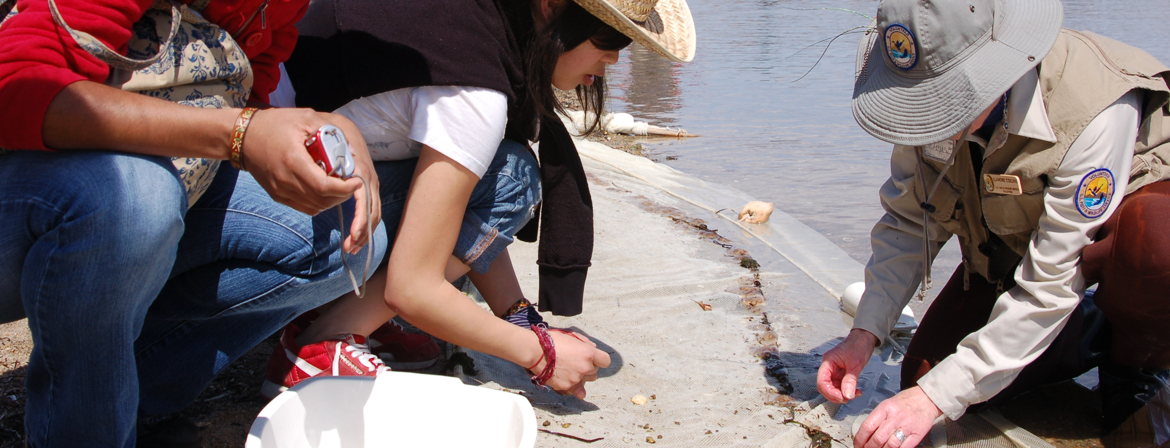Utilizing a Social-Ecological Framework to Promote Water and Energy Conservation: A Field Experiment
Kurz, T., Donaghue, N., & Walker, I. (2005). Utilizing a social-ecological framework to promote water and energy conservation: A field experiment. Journal of Applied Social Psychology, 35(6), 1281-1300.
Use of Newsletters to Promote Environmental Political Action: An Experimental Analysis
Schroeder, S., Hovell, M., Kolody, B., & Elder, J. (2004). Use of newsletters to promote environmental political action: An experimental analysis. Journal of Applied Behavior Analysis, 37(3), 427-429.
Effects of Values, Problem Awareness, and Personal Norm on Willingness to Reduce Personal Car Use
Nordlund, A., & Garvill, J. (2003). Effects of values, problem awareness, and personal norm on willingness to reduce personal car use. Journal of Environmental Psychology, 23(4), 339-347.
Motivating Residents to Conserve Energy Without Financial Incentives
McMakin, A., Malone, E., & Lundgren, R. (2002). Motivating residents to conserve energy without financial incentives. Environment and Behavior, 34(6), 848-863.
On the Risks of Recycling Because of Guilt: An Examination of the Consequences of Introjection
Koestner, R., Houlfort, N., Paquet, S., & Knight, C. (2001). On the risks of recycling because of guilt: An examination of the consequences of introjection. Journal of Applied Social Psychology, 31(12), 2545-2560.
A Behavioral Analysis of Peaking in Residential Electrical-Energy Consumers
Kohlenberg, R., Phillips, T., & Proctor, W. (1976). A behavioral analysis of peaking in residential electrical-energy consumers. Journal of Applied Behavior Analysis, 9(1), 13-18.
What's the Catch? Reducing Consumption of Contaminated Fish Among Anglers
Jonick, T., Anderson, E. L., Lin, S., Bruni, C. M., Schultz, P., Groner, S., et al. (2010). What's the Catch? Reducing Consumption of Contaminated Fish Among Anglers. Social Marketing Quarterly, 16(1), 32-51.
Household Actions Can Provide a Behavioral Wedge to Rapidly Reduce US Carbon Emissions
Dietz, T., Gardner, G.T., Gilligan, J., Stern, P.C., Vandenbergh, M.P. (2009). Household actions can provide a behavioral wedge to rapidly reduce US carbon emissions. Proceedings of the National Academy of Sciences of the United States of America, 106(44), 18452-18456.
The impact of vivid messages on reducing energy consumption related to hot water use.
Bailey, J. O., Bailenson, J. N., Flora, J., Armel, K. C., Voelker, D., & Reeves, B. (2015). The impact of vivid messages on reducing energy consumption related to hot water use. Environment and Behavior, 47(5), 570-592.
Memorable messages and the H1N1 flu virus.
Miczo, N., Danhour, E., Lester, K. E., & Bryant, J. (2013). Memorable messages and the H1N1 flu virus. Western Journal of Communication, 77(5), 625-644.



